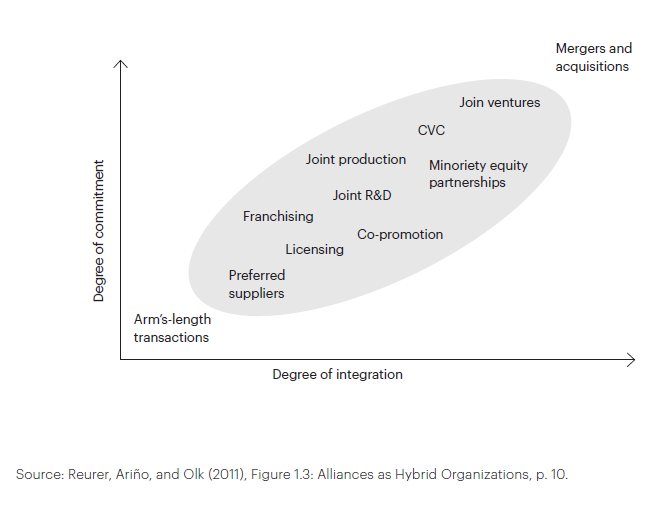Corporate innovation refers to deliberately promoting original and out-of-the-box thinking within the company environment. To achieve this, many firms set up offices in co-working or other shared spaces to get to know startups and identify future markets for potential collaborations.
Corporate innovation. Corporate innovation. Corporate innovation.
Every day, new businesses emerge, bringing new value to the market with incredible inventions, new technologies, and innovative business strategies. In addition, recent alterations in consumer behavior are further altering the marketplace. As a result, large organizations are viewed with suspicion, corporate innovation is becoming more and more important, and the response of traditional advertising has diminished.
Companies are looking for new approaches that will help them to keep up with the ambitious business pace, assert their dominance in the market, and prepare their business for the future. Corporate venturing is a powerful method to attain these objectives.

Corporate venturing is an innovation and growth strategy that allows large and well-established companies to partner up with one or more small, innovative startups to form a joint venture. The purpose is to effectively use the corporate assets and resources in order to produce new products and services.
Entering a corporate venture enables the access of existing businesses into new markets. Moreover, it allows experimentation with new technologies and the generation of new revenue streams for a fraction of the cost and risk of doing it alone.
Considering the rapidly changing market context dominated by millions and millions of disruptive startups, corporate venturing is critical for accelerating corporate innovation and financial success. Here is why:
When it comes to corporate venturing, it’s critical to anticipate obstacles and have strategies in place to quickly overcome them. The main challenge would be choosing the right venture. Many businesses struggle to focus on the right criteria when selecting new ventures. This will undoubtedly lead to problems in the future, such as not receiving the desired returns or not developing the enterprise using the appropriate tools.
This happens because normally innovation managers would have to use Google, which provides an enormous amount of results. The consequence? Confusion and frustration. No one doubts that Google is useful for many aspects, but when it comes to efficient scouting, the tool offered by Novable does a much better and faster job.
So, why should corporate venturing be part of your innovation strategy? Corporate venturing is a low-cost, high-impact strategy for accelerating growth, generating new revenue streams, and driving corporation innovation to the next level.
Let us know your thoughts on LinkedIn!